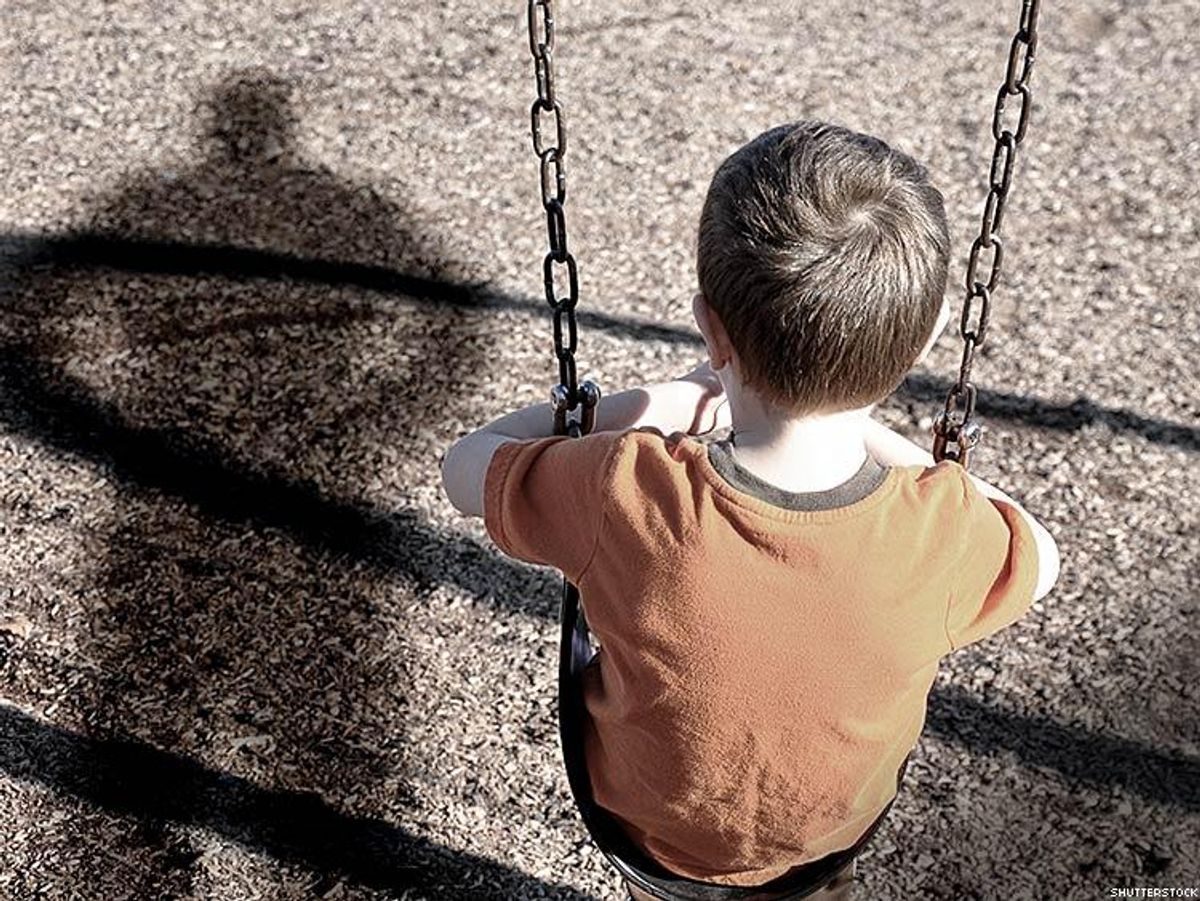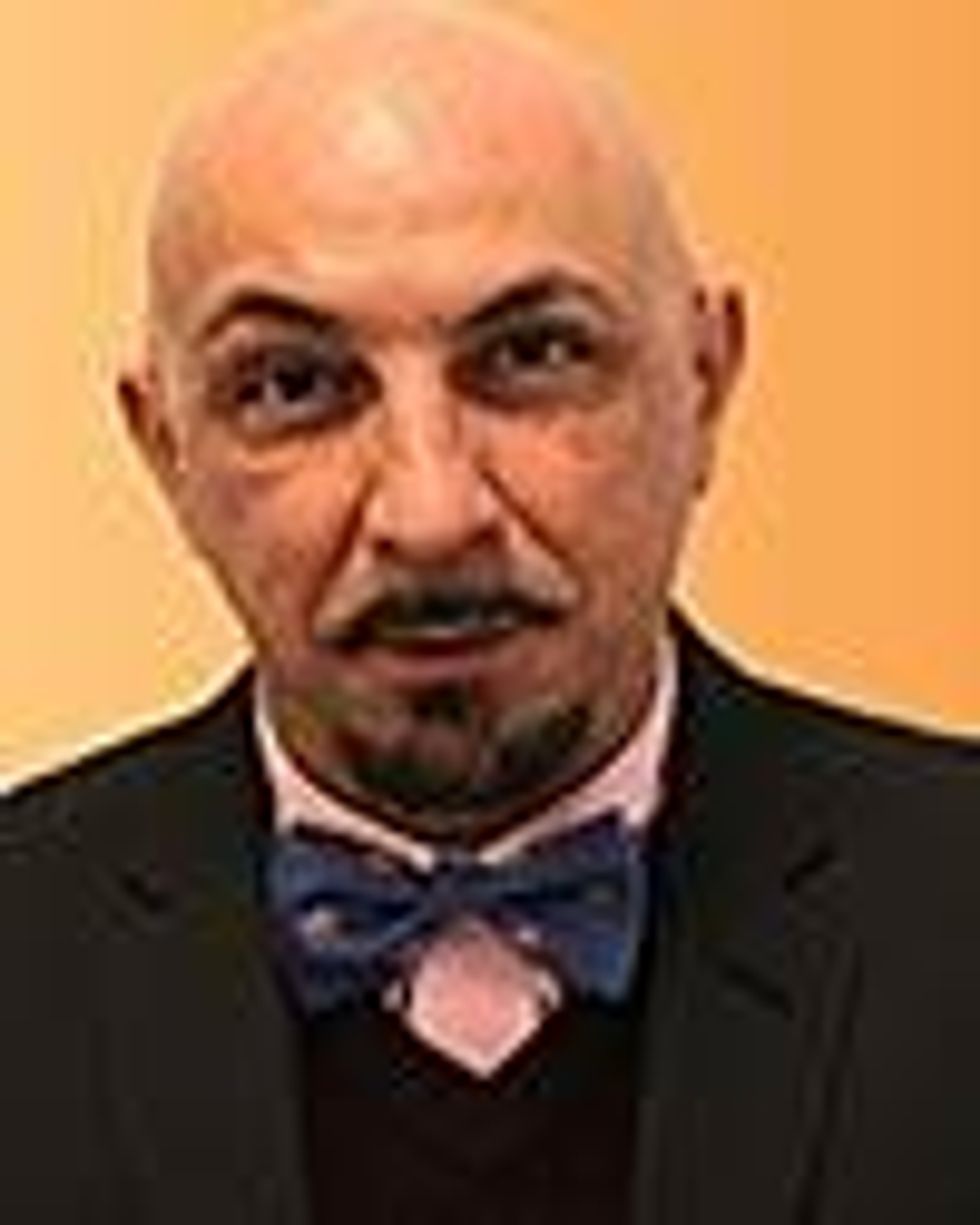
An issue we're afraid to talk about but need to.
June 09 2016 5:08 AM EST
May 26 2023 2:14 PM EST
By continuing to use our site, you agree to our Private Policy and Terms of Use.

An issue we're afraid to talk about but need to.
It's June and you can't escape the rainbow.
As an openly gay man, I am proud to wave my rainbow flag. And so do countless corporations, media outlets, and politicians bringing an increased amount of attention to the LGBTQ community this time of year.
For a long time, the issue to rally behind was same-sex marriage. This meant a lot to me and my husband. Last year, a divided Supreme Court ruled that same-sex couples can marry nationwide. After much celebration, the LGBTQ community collectively asked, "What's next?"
While youth homelessness and violence in our community are among the most urgent issues we need to address, another, perhaps less talked about issue, is child sexual abuse.
Of children who are sexually abused, 20 percent are abused before the age of 8.
I was one of them.
My landlord's teenage son approached me on the sidewalk as I was playing and asked if I wanted to see all the toys in the basement. His family had been so nice to mine -- I had no reason to not trust him, and my mind was full of curiosity of all the cool toys he would have.
It was a nightmare.
The things that happened behind those doors are now painful memories that I must live with forever.
Today, as the senior director of Safe Horizon's Bronx Child Advocacy Center, I understand that it wasn't my fault. I was a target. He had my trust. I was young. I was only 8.
But to be honest, there were times in my life that I wondered if I was also a target because my abuser saw something different in me.
Available research shows that LGBTQ youth are more likely to have experienced sexual abuse than heterosexual youth.
Why?
A critical piece is family and community acceptance. My colleague John Pickett, senior director of Safe Horizon's Manhattan Child Advocacy Center, shared with me a story of an 11-year-old boy whose mom and dad suspected he was gay and were adamantly opposed. As a result, the young boy hid that part of himself that he knew his parents would never accept. When they weren't paying attention, he would secretly talk to other boys online. And it was through social media that he met three men in their 30s. Sexual abuse ensued. The older men had manipulated him into thinking what was happening was OK, preying on the young boy's innocence and desire for acceptance.
Then there is that well-known national statistic that as many as 40 percent of homeless youth identify as LGBTQ. Abuse and lack of acceptance at home are often contributing factors. But once on the street, these young people are extremely vulnerable and are more likely to engage in "survival sex" -- trading sex to meet their basic needs like food, clothing, money, or just a place to sleep at night.
Perpetrators often believe that they can abuse with impunity because LGBTQ youth are already labeled as different by society and too often rejected by peers as well as family. Who will believe them if they come forward? Will anyone even care?
All of this paints the same picture: Child sexual abuse is an urgent issue and it deserves the LGBTQ community's collective and immediate attention.
We need to stand together and demand justice for our community. But what does justice look like?
Unfortunately, in my home state of New York, you receive a devastating present on your 23rd birthday as a survivor of childhood sex abuse. Your ability to file charges on most forms of childhood sex abuse expires.
I always say that I came out twice in life. First as a gay man in my early 20s and then at age 28 as a survivor of sexual assault when I was more able to process the horrible thing that happened to me and speak out. But unbeknownst to me, I was five years too late. My opportunity to file charges had expired. I often wonder, why do these arbitrary time limits exist when it can take years for a survivor to come forward? As it did for me.
So, now with marriage equality having been realized and with the question "What's next?" I call on the LGBTQ community to make addressing the issues of child sexual abuse a priority. First, by supporting legislation, such as the Child Victims Act, currently before the New York legislature that would greatly expand the ability of adult survivors to seek civil and criminal damages. It would also create a one-year window for survivors to retroactively file civil damages against their abusers.
Other states have already done it. What's taking New York so long? Legislation including retrospective civil windows have passed in California, Delaware, Hawaii, and Minnesota, to name a few. Abusers should not be able to run out the clock. Not in New York. Not anywhere.
Survivors of this heinous crime, like myself, deserve justice.